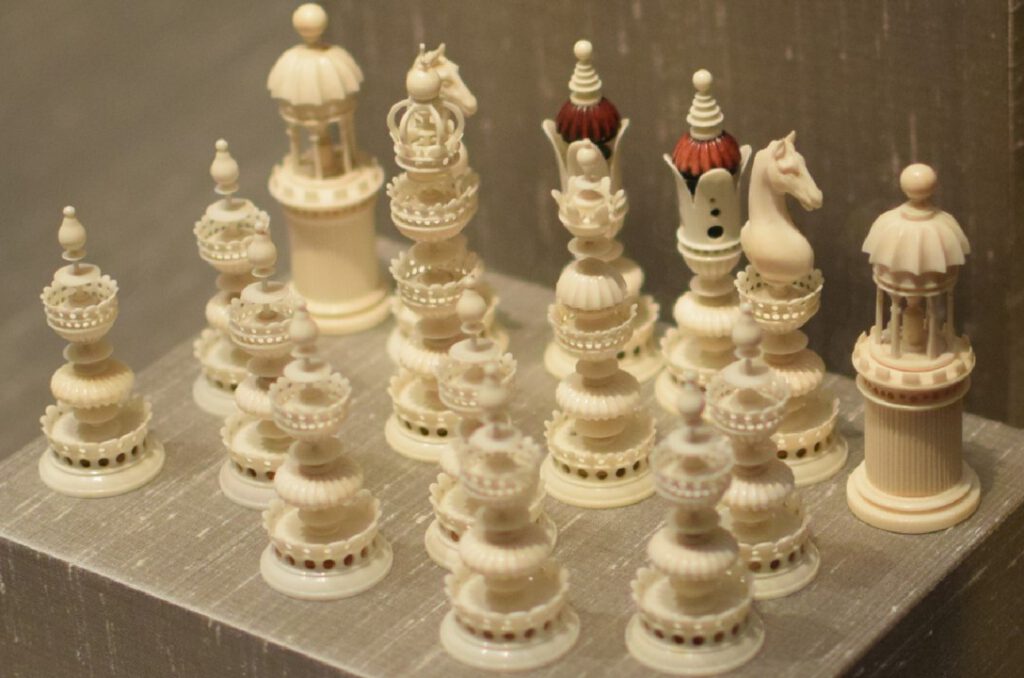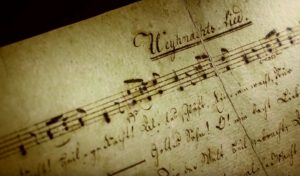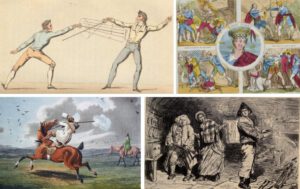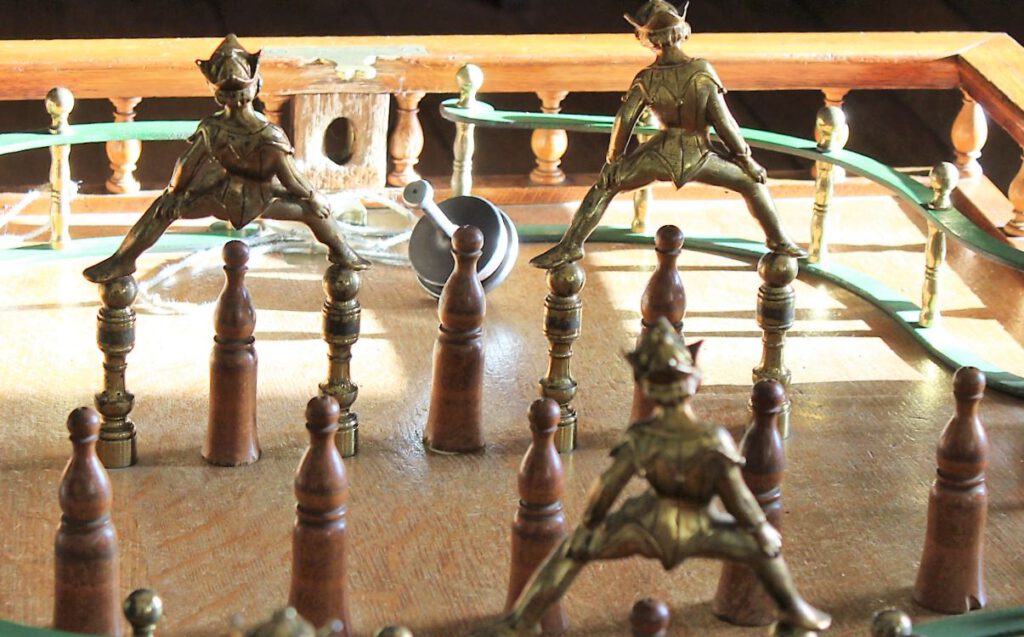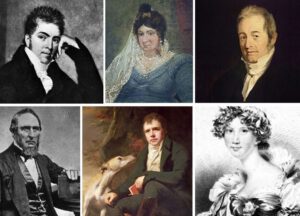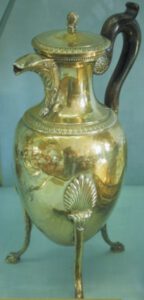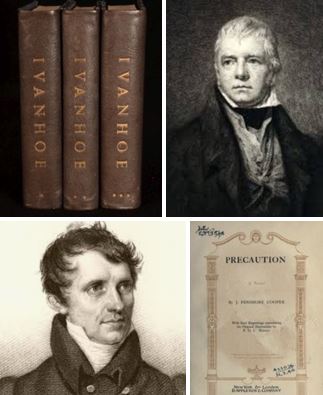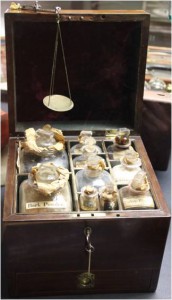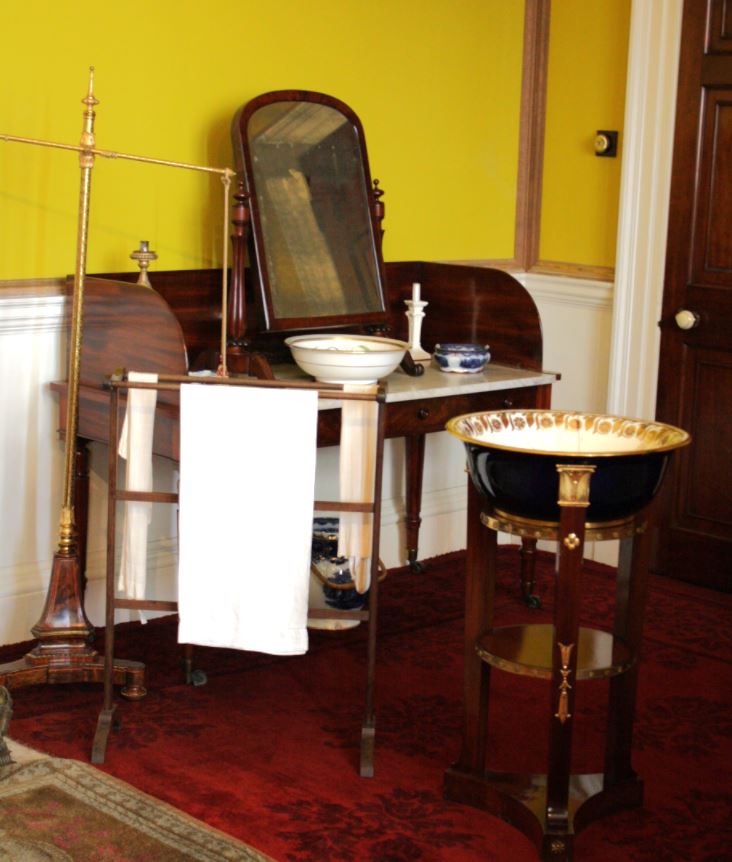
Ah, the 18th century: a time of powdered wigs, elegance, perfumes, and… questionable personal hygiene? It’s easy for us modern folk—with our rain showers, scented soaps, and expensive bath bombs—to scoff at the idea of physical cleanliness back then. But was personal hygiene in the late 18th century really as dreadful as it seems? Let’s take a look at the changing ideas about taking a bath, the related technical progress, and how one might soak in style during Jane Austen’s day.
Continue reading
